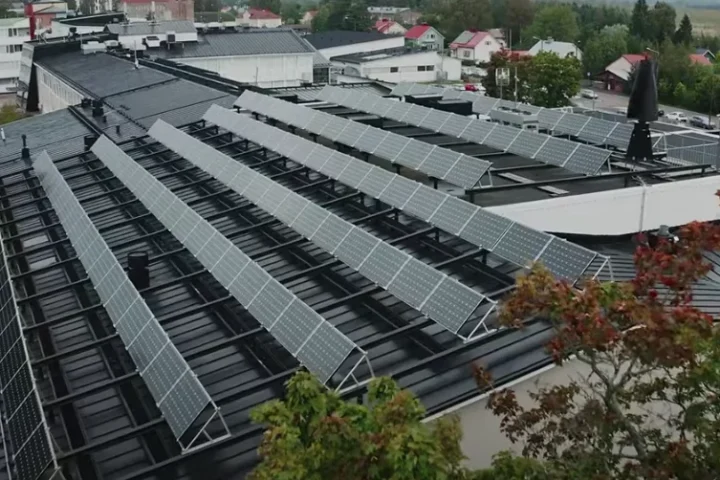Mercedes-Benz CEO Ola Kallenius has issued a stark warning about the European Union’s plan to ban cars with combustion engines by 2035, saying the auto industry is “heading at full speed against a wall” unless changes are made.
Speaking to German newspaper Handelsblatt on Monday, Kallenius said Europe’s car market could “collapse” if the ban goes ahead as planned. He believes consumers would rush to buy petrol and diesel vehicles just before the ban, creating a sales bubble followed by a sharp drop.
“Of course, we have to decarbonize, but it has to be done in a technology-neutral way. We must not lose sight of our economy,” Kallenius told the newspaper.
The EU ban on CO2-emitting vehicles is scheduled for review in the second half of 2025. Critics argue the ban would further hurt European carmakers already struggling with weak demand, increased Chinese competition, and disappointing electric vehicle sales.
Battery electric car sales in the European Union dropped 6% in 2024 compared to 2023, falling to 1.45 million vehicles from 1.54 million. Meanwhile, overall new passenger vehicle registrations in Europe increased by just 0.9% in 2024.
Similar Posts
Mercedes-Benz has already adjusted its own electrification plans. Last year, the company delayed its all-electric goal by five years and strengthened its lineup of combustion engine models. Mercedes now expects electrified vehicles, including hybrids, to make up only 50% of total sales by 2030.
Recent sales figures show the company’s challenges. In the second quarter of 2025, Mercedes sold just over 100,000 electrified cars and vans, with only 42,000 being fully electric. Electrified vehicles made up 20.7% of Mercedes sales in Q2, a slight improvement from 18.1% the year before.
In the UK, Mercedes-Benz has sold 54,416 cars so far this year, representing 4.6% of the market. This marks an 8.3% drop compared to last year.
As president of the European Automobile Manufacturers’ Association (ACEA), Kallenius has suggested alternatives to the outright ban. He’s calling for tax incentives for motorists and cheaper charging prices at electric car stations to encourage the switch to EVs.
The EU’s 2035 combustion engine ban is part of Europe’s broader climate goals, which aim to reduce greenhouse gas emissions by at least 55% by 2030, compared to 1990 levels.
Several EU countries, including Italy and Germany, have joined carmakers in calling for a rethink of the combustion engine ban. The upcoming review will be crucial in determining whether the EU adjusts its approach to vehicle emissions or holds firm on its current timeline.



















